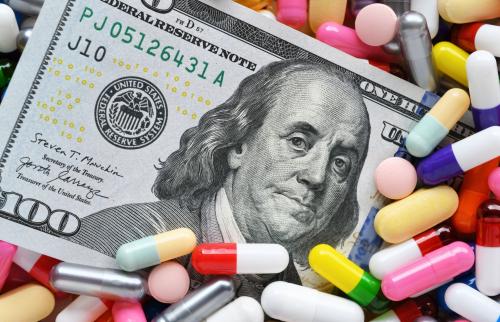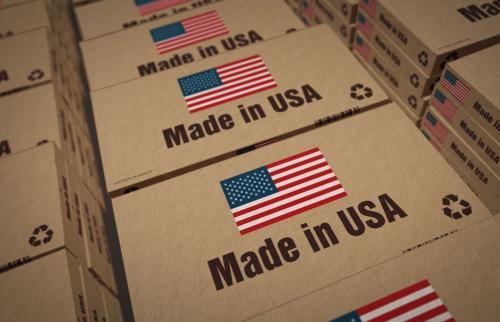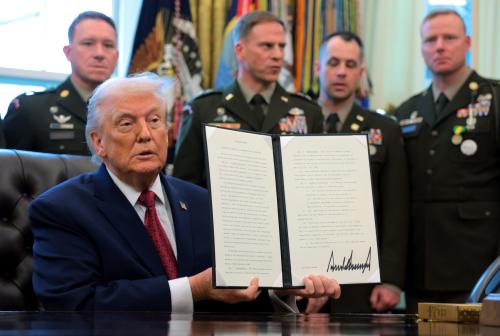The author submitted this comment letter to the Department of Commerce, Bureau of Industry and Security, on May 7, 2025.
In April 2025, the Department of Commerce announced a Section 232 investigation into the national security implications of pharmaceutical imports. In response, Marta Wosińska submitted a comment letter with three critical observations about the interplay between tariffs and national security.
- China-only tariffs incentivize Indian manufacturers to move away from Chinese active pharmaceutical ingredients (API). Such tariffs should be further strengthened through legislation, after evaluation for drug shortage risk and appropriate mitigation strategies.
- Imposing tariffs on India may have the opposite effect. Tariffs on India will not only eliminate the incentive described above but create incentives for Indian manufacturers to rely more on China for drug inputs, including API and key starting materials.
- Imposing tariffs on India would also exacerbate shortage risk for certain generic drugs. In fact, the higher the tariffs, the faster manufacturers will drop out of the market because of low margins coupled with contractual and regulatory barriers to passing on tariffs. This, in turn, would likely result in drug shortages.
Wosińska concluded her comments with a set of policy recommendations for reshoring more generic drug manufacturing and then supporting its growth and sustainability.
The Brookings Institution is committed to quality, independence, and impact.
We are supported by a diverse array of funders. In line with our values and policies, each Brookings publication represents the sole views of its author(s).







Commentary
Comments on Section 232: The national security investigation of imports of pharmaceuticals
May 8, 2025